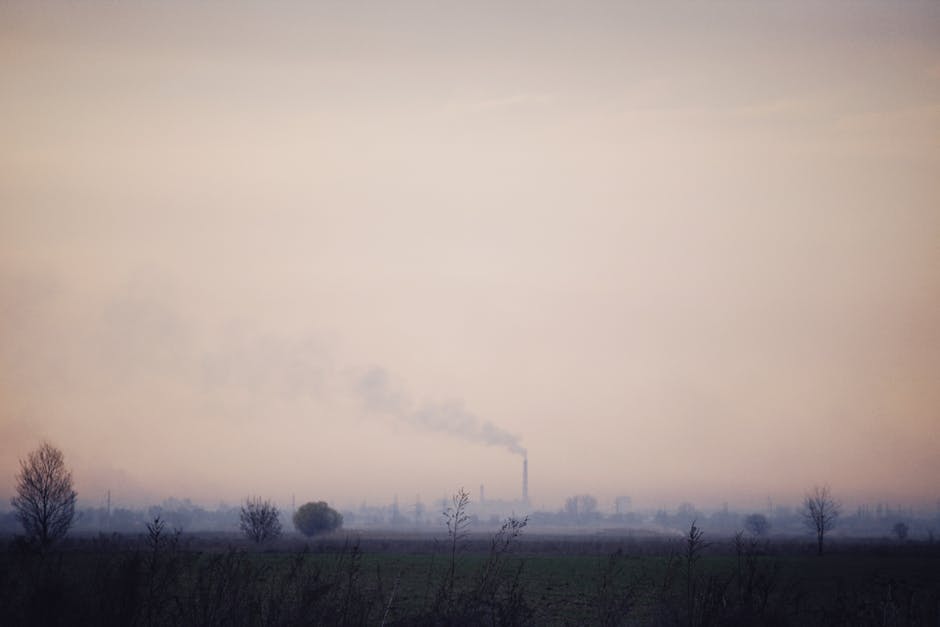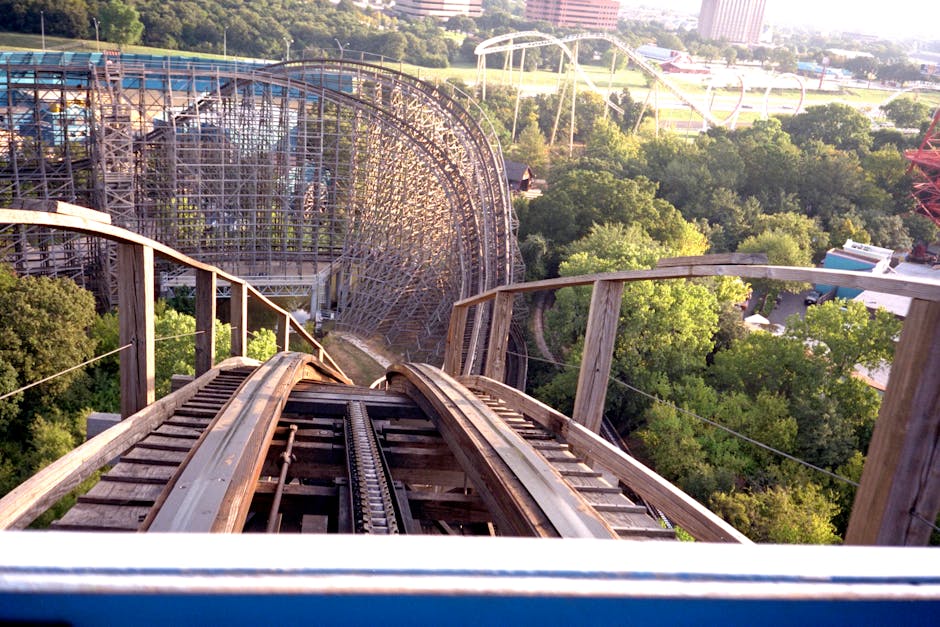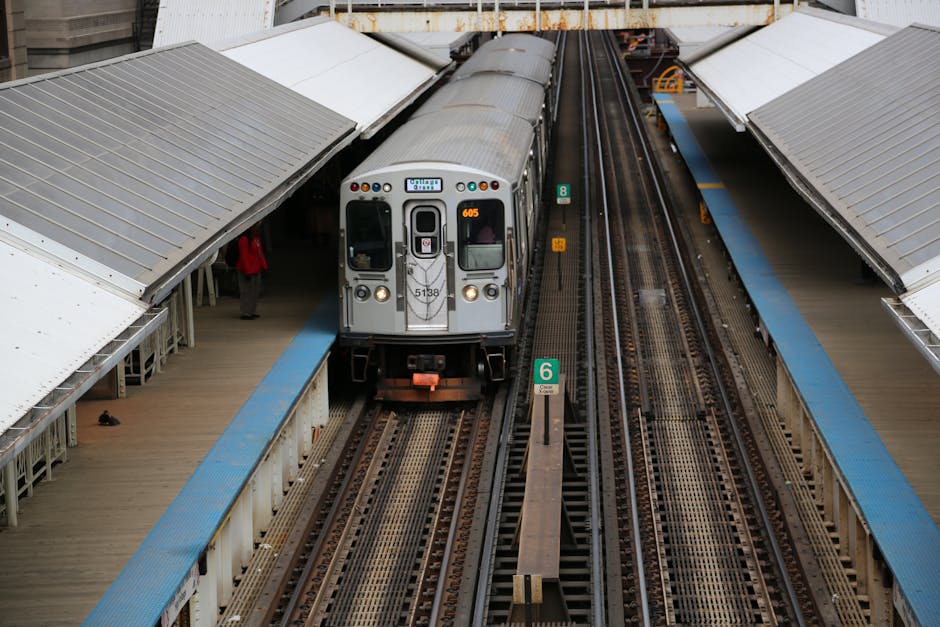At Least 64 Dead in Rio’s Largest Police Raid on Gangs
In one of the deadliest police operations in Rio de Janeiro’s history, at least 64 people were killed during a massive raid targeting drug gangs in the Jacarezinho favela. The operation, involving over 200 officers, marks the highest single-day death toll in Rio’s war on organized crime. While authorities say it was necessary to dismantle a drug network, human rights groups condemn alleged extrajudicial killings.
The Raid: A Bloody Confrontation
Early Thursday, elite police units stormed Jacarezinho—a favela controlled by Brazil’s notorious Comando Vermelho (Red Command). Codenamed “Exceptis,” the raid aimed to stop gang recruitment and drug trafficking.
Residents reported hours of gunfire, with helicopters circling as officers moved through tight alleyways. Police claim they faced heavy resistance, resulting in a prolonged shootout. Among the dead were two officers and dozens of alleged gang members, though activists say some were innocent bystanders.
Police Defend the Operation
Rio’s Civil Police chief, Allan Turnowski, called the raid a “necessary strike” against a violent drug faction. “They had high-powered weapons and were ready for war,” he said.
Governor Cláudio Castro supported the operation, vowing continued crackdowns but also promising social programs for favelas.
Human Rights Backlash
Critics argue the raid violated a Supreme Court ban on large-scale favela operations during the pandemic. Amnesty International labeled it “one of Rio’s most lethal police actions,” citing possible executions.
Families dispute police accounts, with one resident claiming, “My brother was at home when they shot him.”
Rio’s Longstanding Gang Violence Crisis
Favelas like Jacarezinho face chronic violence due to weak state control and drug cartel dominance. While police insist raids are needed, activists say militarized tactics worsen distrust.
The raid follows another deadly operation in Vila Cruzeiro, where 28 were killed weeks earlier. Experts warn that without reforms—including community policing and jobs—the cycle of violence will continue.
What’s Next?
Pressure is growing for an independent investigation, while Jacarezinho residents brace for retaliation. With Brazil’s government silent, the question remains: Will such raids end the bloodshed or fuel more violence?
For now, Jacarezinho stands as a grim symbol of Rio’s brutal war on drugs.




